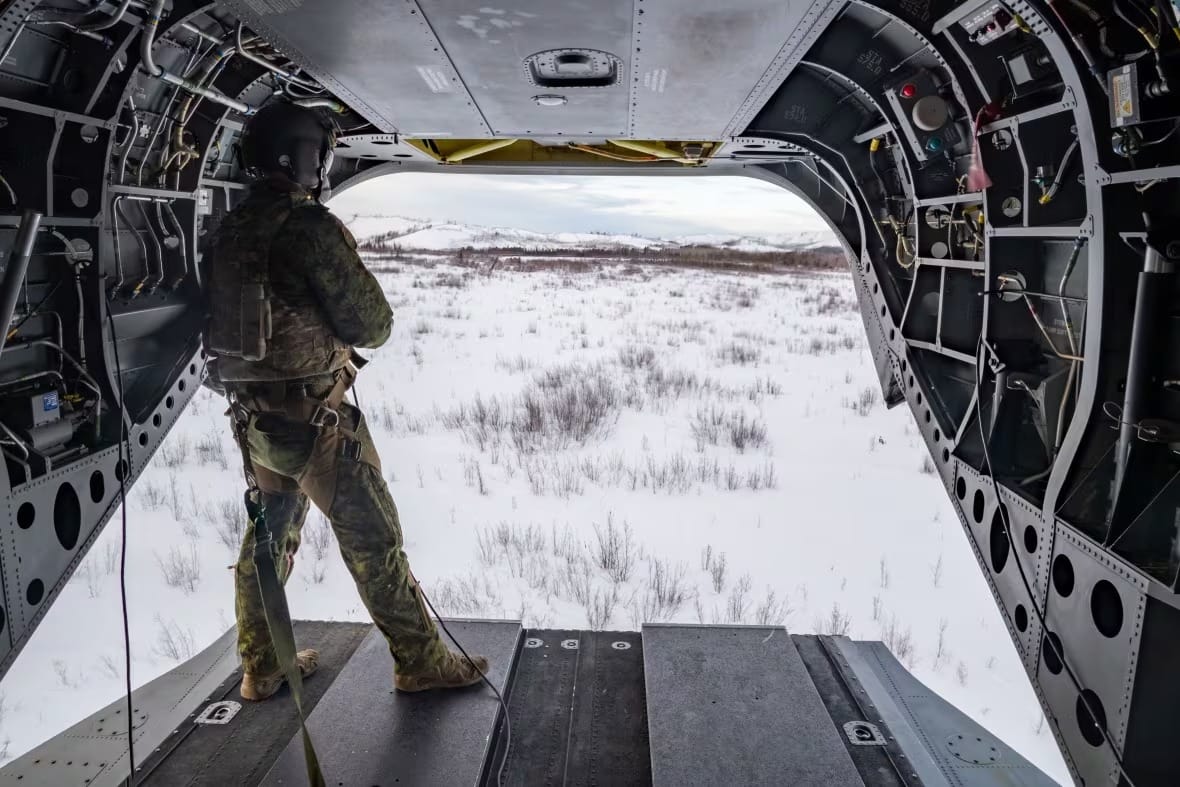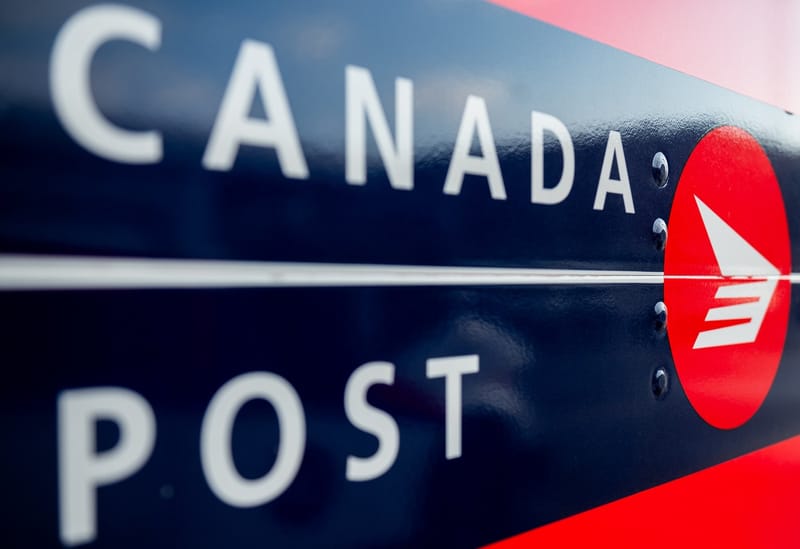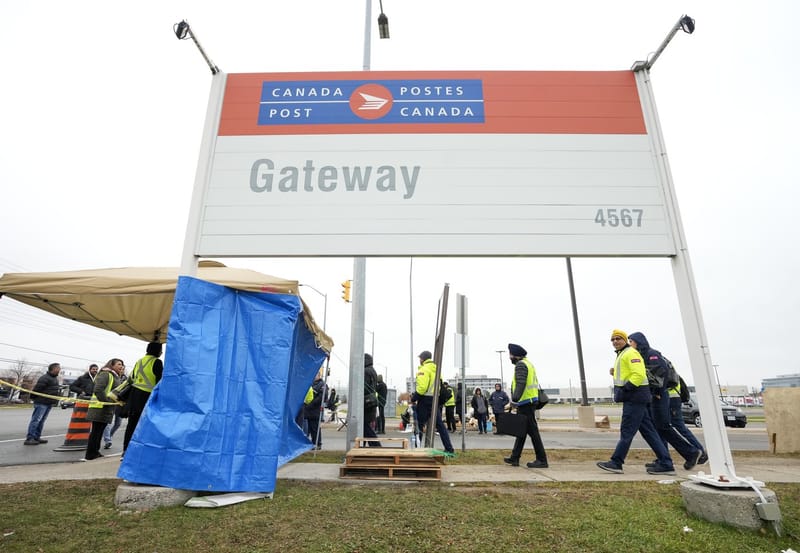Canadian Army says new military sleeping bags not suitable for 'typical Canadian winter'
'I wonder if they should have just gone to Canadian Tire,' says defence expert

Despite the Department of National Defence spending over $34.8 million on new sleeping bags, the Canadian Army requested that hundreds of soldiers heading to a joint northern exercise in Alaska late last year be issued 1960s-era bedrolls instead.
According to an internal briefing note obtained by CBC News, soldiers who tested the newly issued General Purpose Sleeping Bag System (GPSBS) during a preparatory exercise in late fall encountered "several critical issues." Over 350 soldiers from the 3rd Battalion Princess Patricia's Canadian Light Infantry (3 PPCLI) trained at Ram Falls Provincial Park, west of Red Deer, Alberta, in November 2023, preparing for northern operations. The temperatures during the exercise ranged from -5°C during the day to -20°C at night.
The soldiers found that the new sleeping bag system failed to provide sufficient warmth, even when using both the inner and outer layers and sleeping in tents with stoves. The briefing note, dated December 5, 2023, noted that the GPSBS was "better suited for weather conditions typical of late spring to early fall" and not practical for the "extreme cold of Alaska," where troops would be deployed for further training in January.
As a result, the Department of National Defence (DND) began looking into purchasing additional bedrolls suitable for the Far North. The briefing note recommended loaning 500 of the army's old Arctic sleeping bags to soldiers deploying for the Alaska exercise, despite the new system being intended to replace these older models.

The Liberal government has recently emphasized defending Canada’s Arctic, with its updated defence policy, Our North Strong and Free, promising new equipment for cold-weather operations, including vehicles for ice, snow, and tundra. However, some soldiers expressed skepticism about the government's promises, citing the failure to deliver an adequate sleeping bag for harsh Canadian winters.
A DND statement revealed that 3 PPCLI wasn’t the first unit to raise concerns about the new sleeping bags; soldiers from the 2nd Battalion Royal Canadian Regiment (2RCR) had also flagged similar issues during a separate exercise. However, the department confirmed it wasn’t abandoning the new system and had initiated a second procurement process for an Extreme Cold Weather Sleeping Bag system (ECWSBS) to complement the GPSBS and provide coverage for all climates, including the Arctic.
DND has not confirmed whether the bags were thoroughly weather-tested before purchase. Rob Huebert, a defence expert from the University of Calgary, questioned the adequacy of cold-weather testing, wondering if simpler solutions might have sufficed. He commented, "You test to make sure the new kit works, because it does not always work," adding that the GPSBS selection process included insulation value, weight, and packing volume, but the execution left much to be desired.
Huebert noted that sometimes defence planners overcomplicate equipment replacements, referencing the legacy sleeping bags, first acquired in 1965, as a simple and effective solution. "We’re seeing challenges with something as basic as sleeping bags," he said, expressing concerns about more complex procurements like radars, F-35 parts, and submarines.





